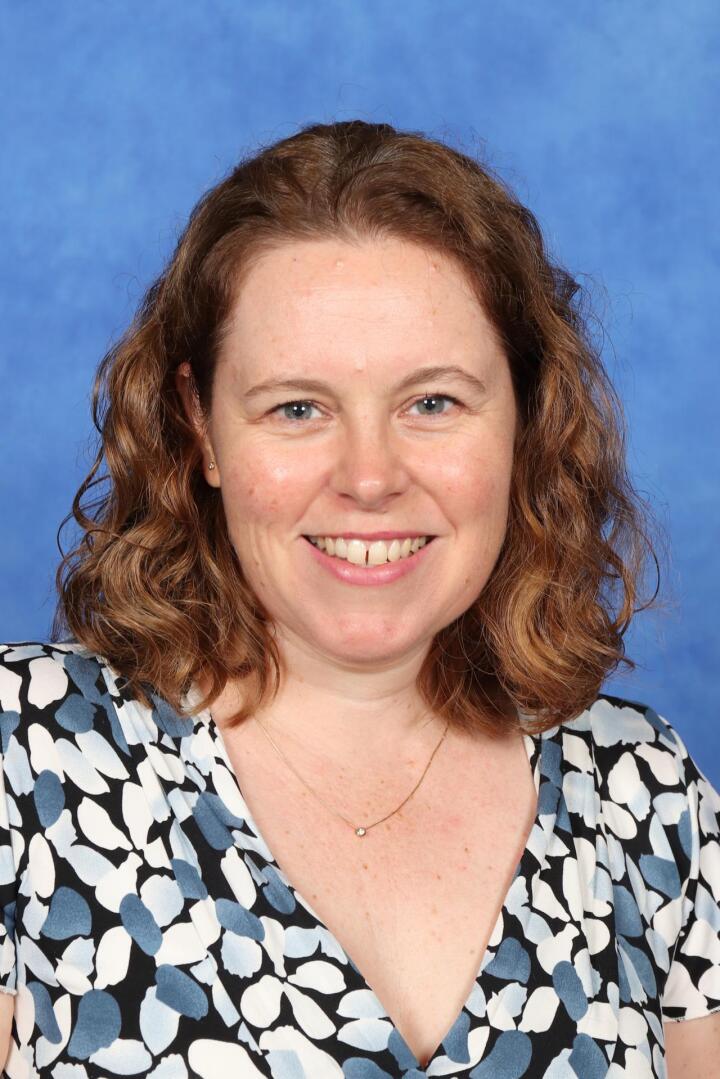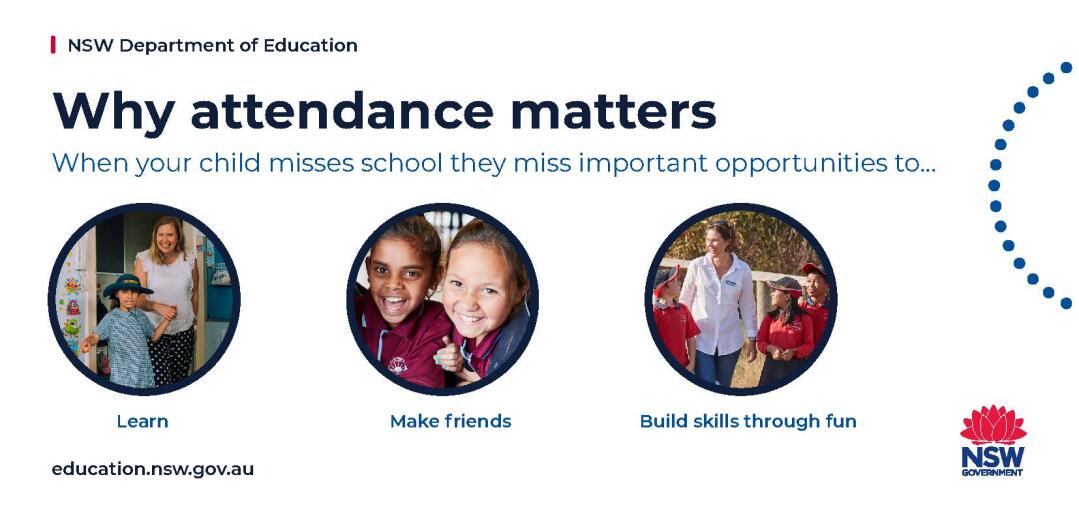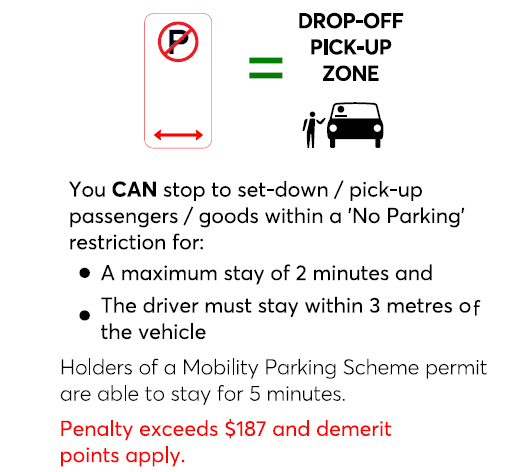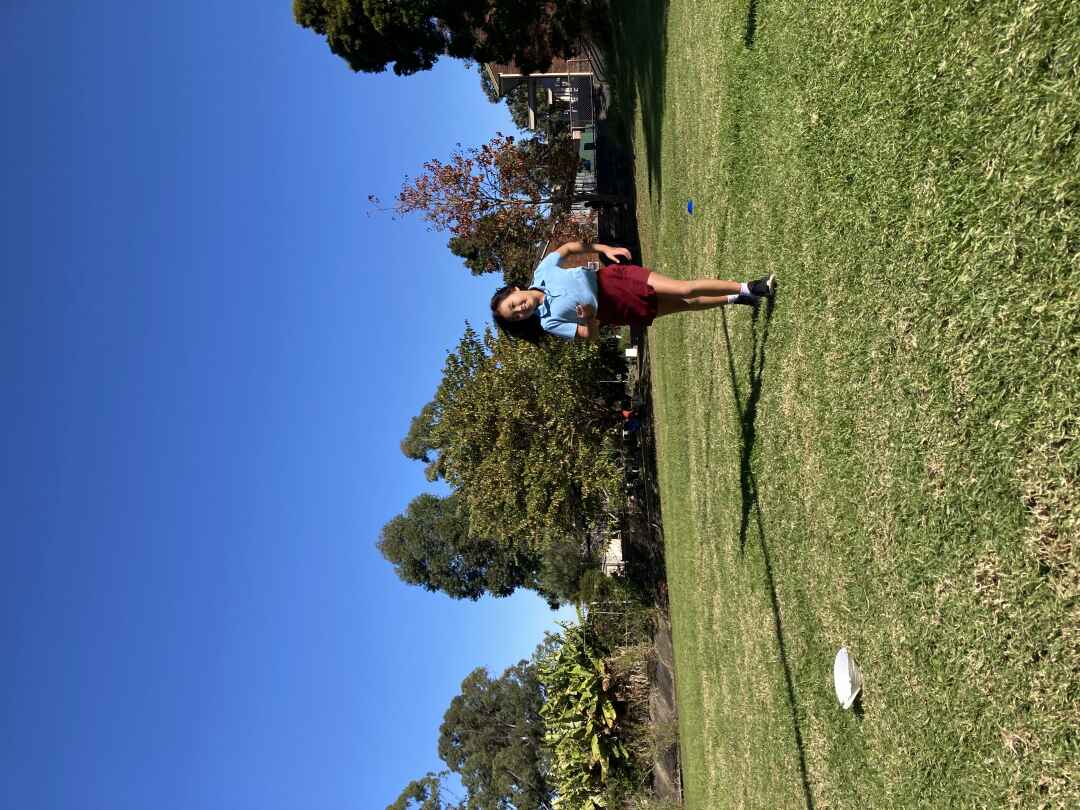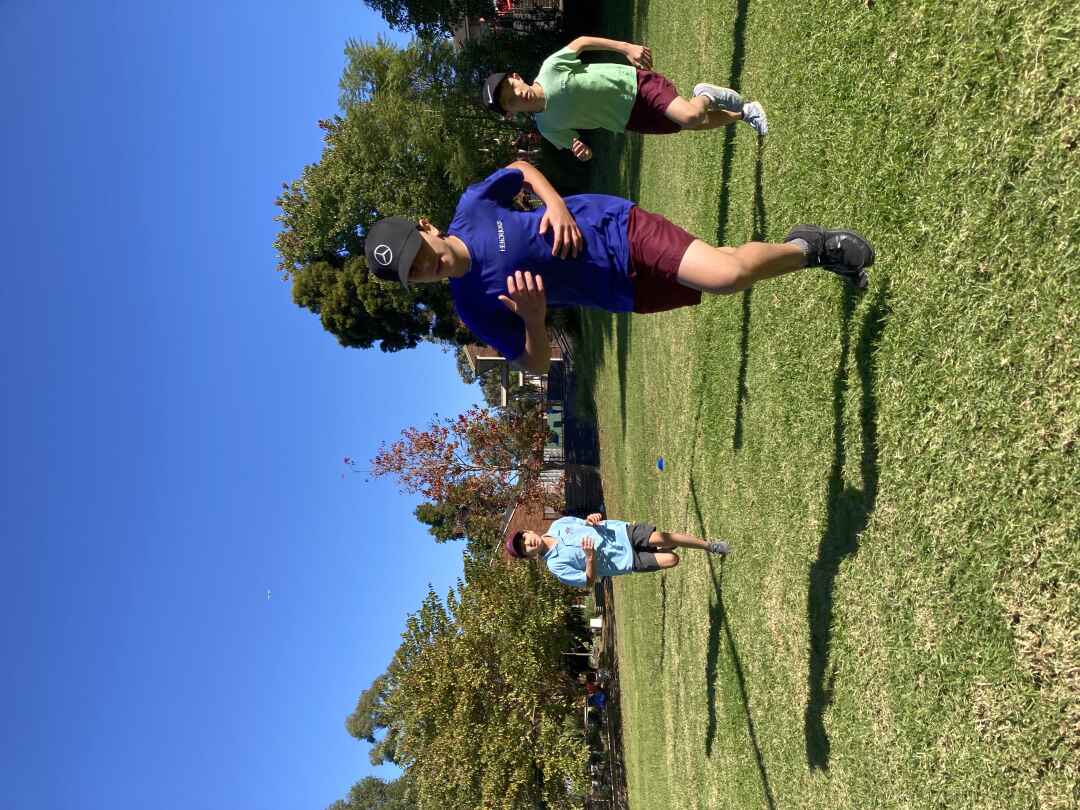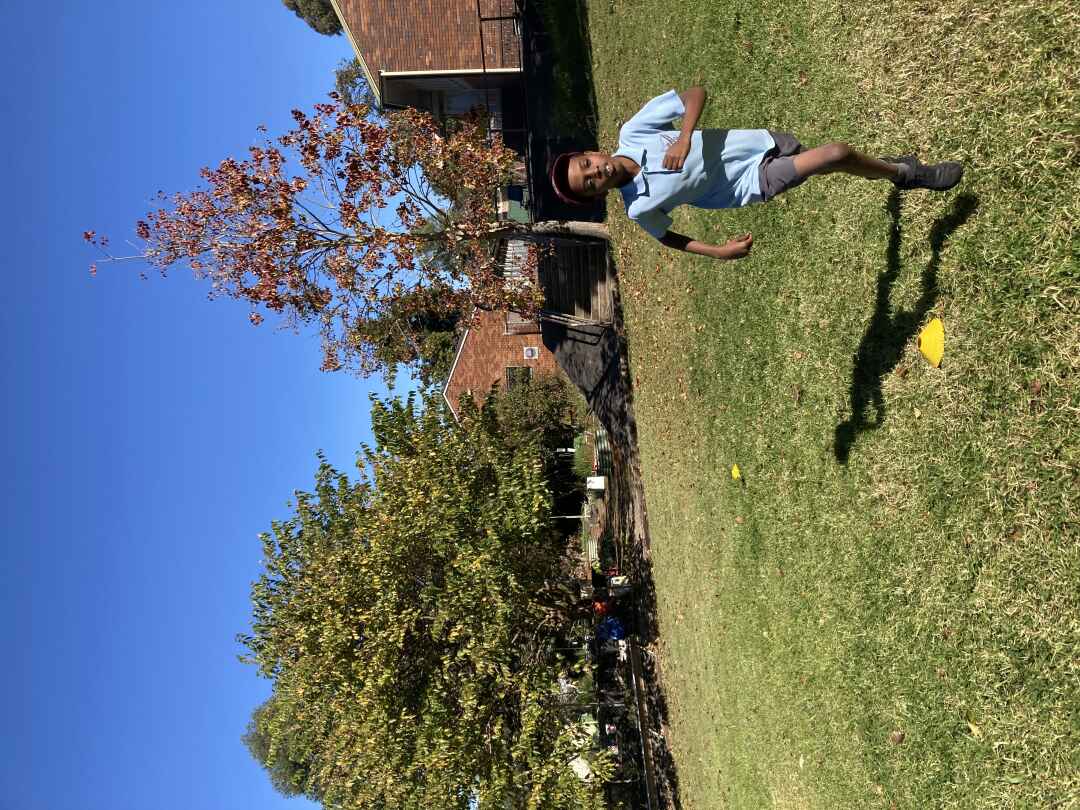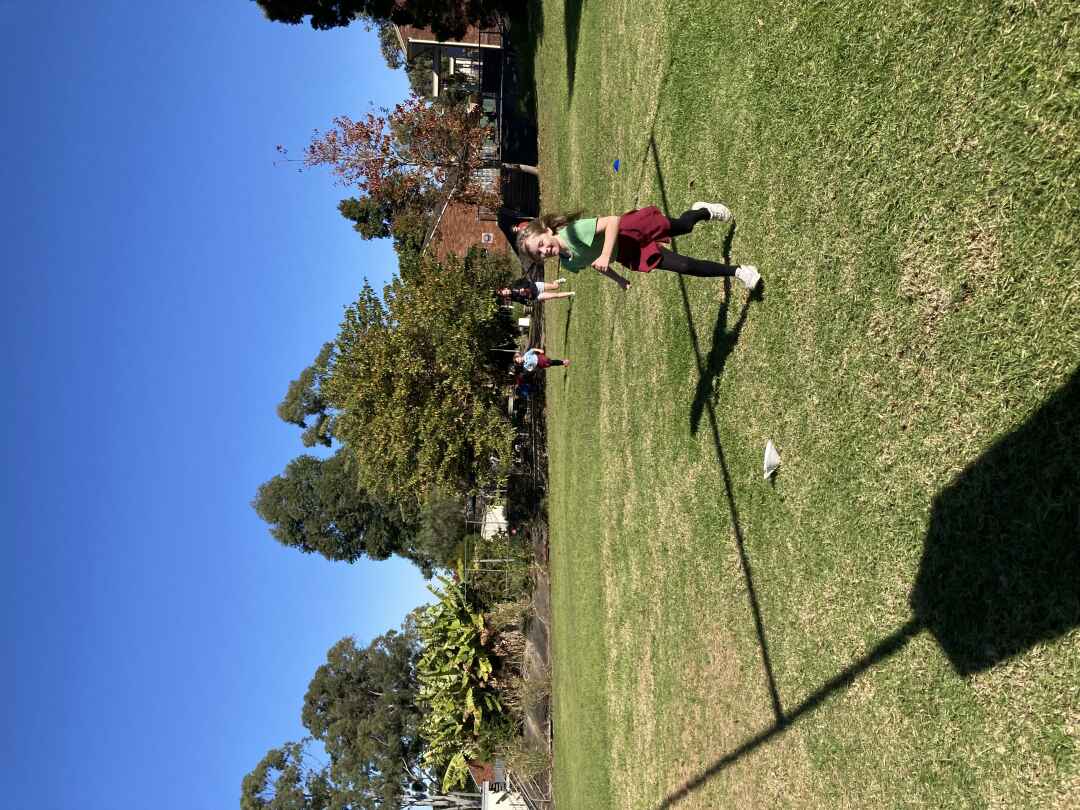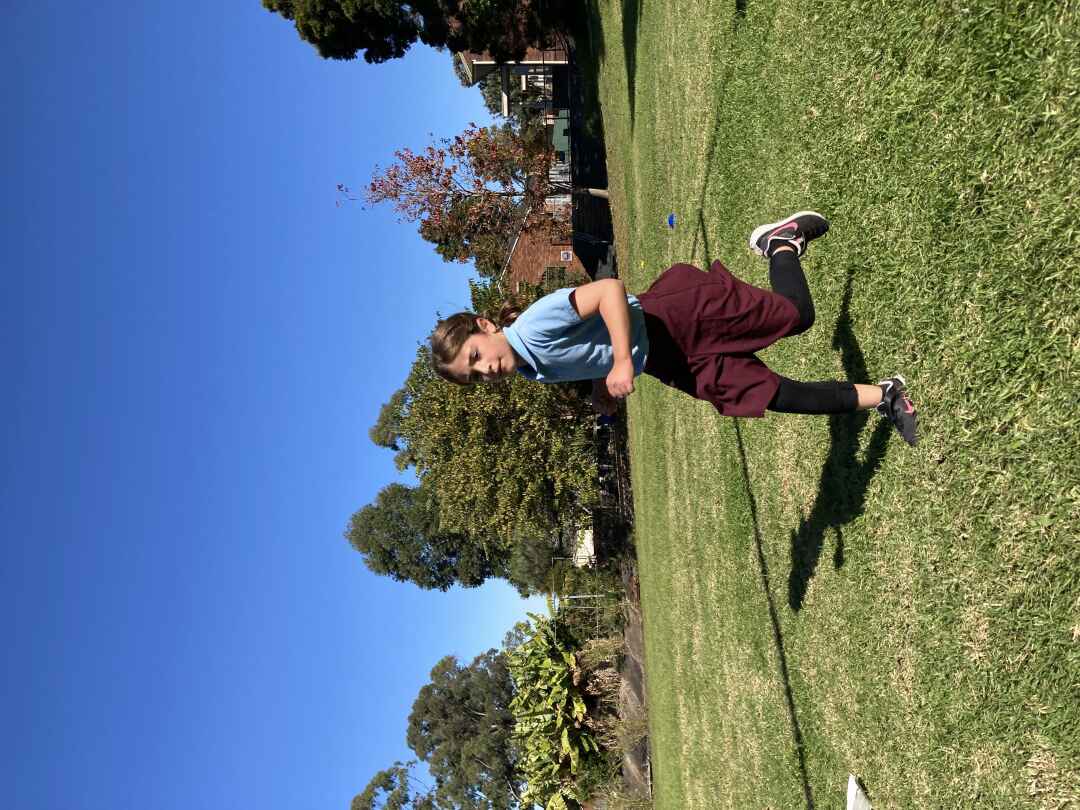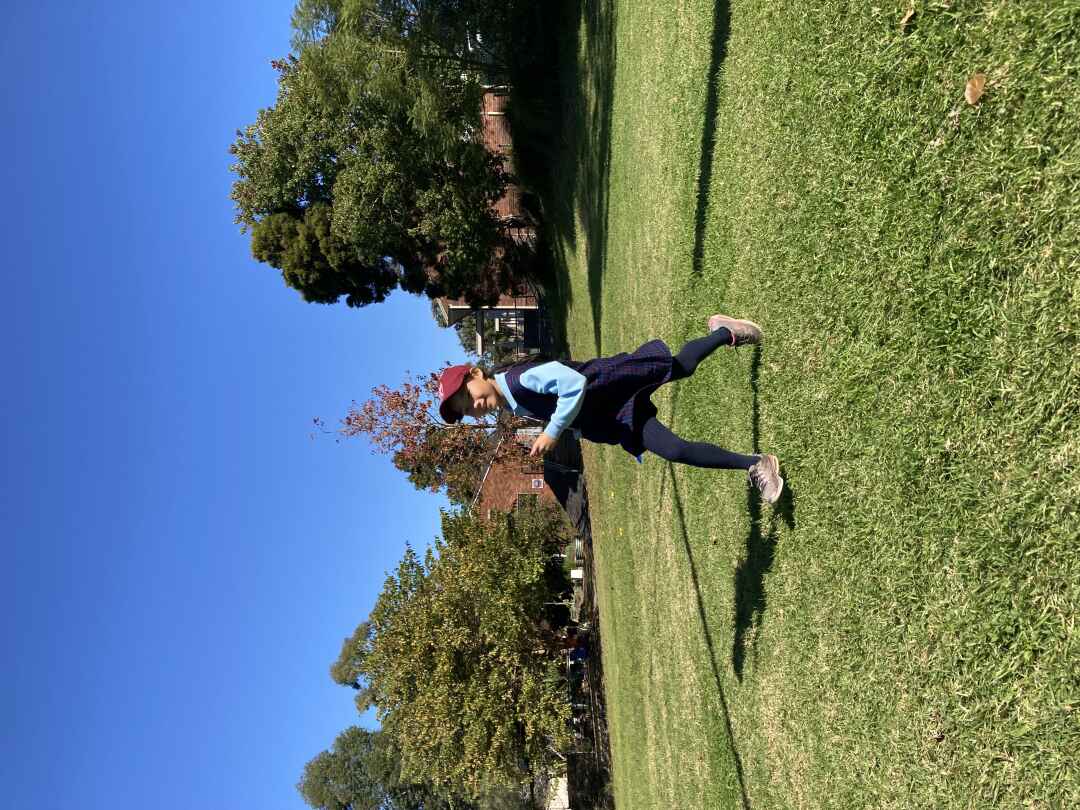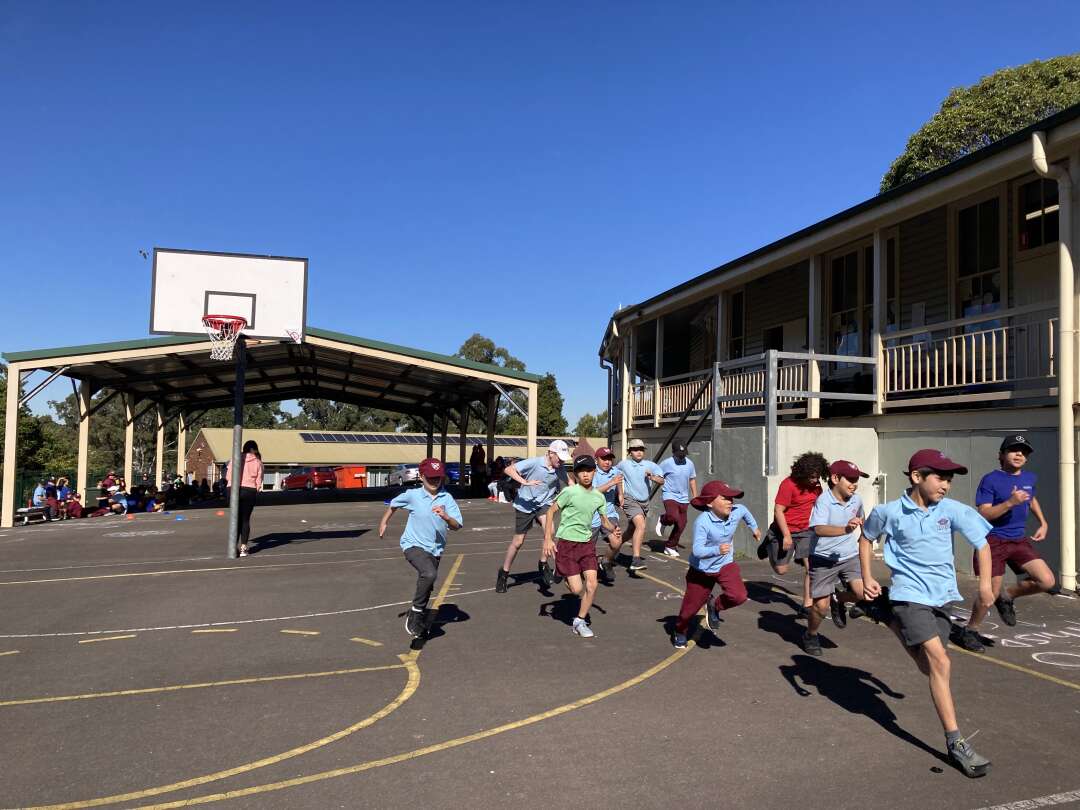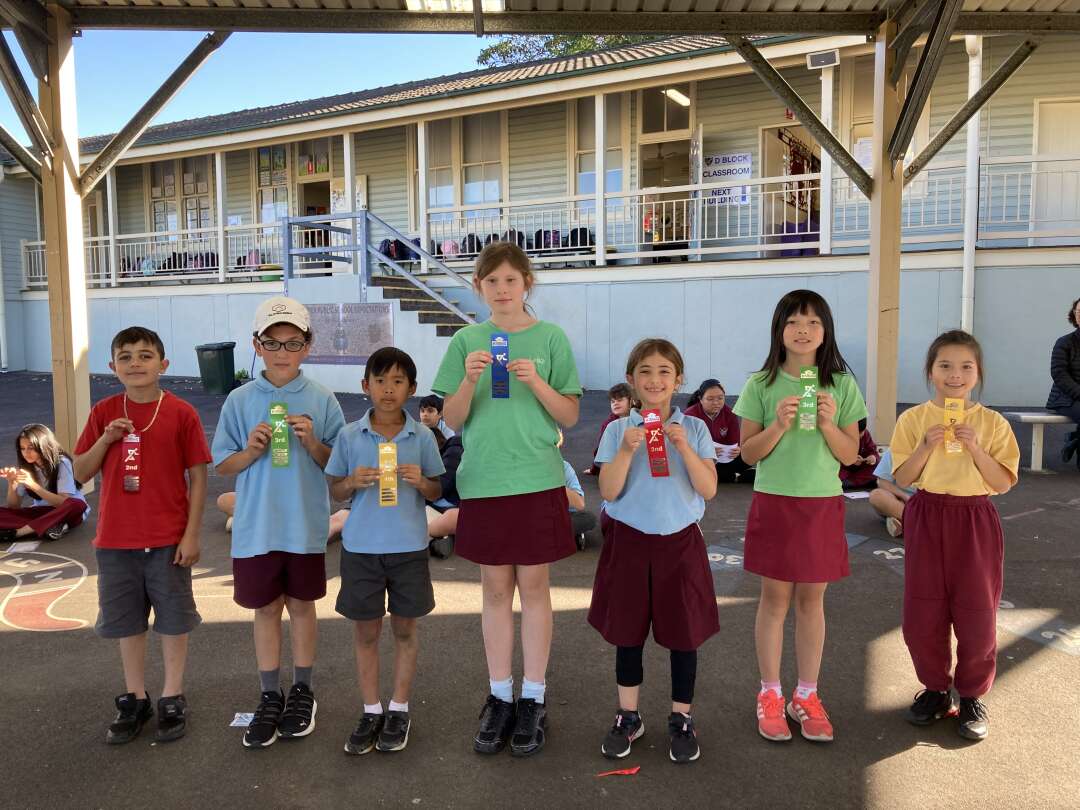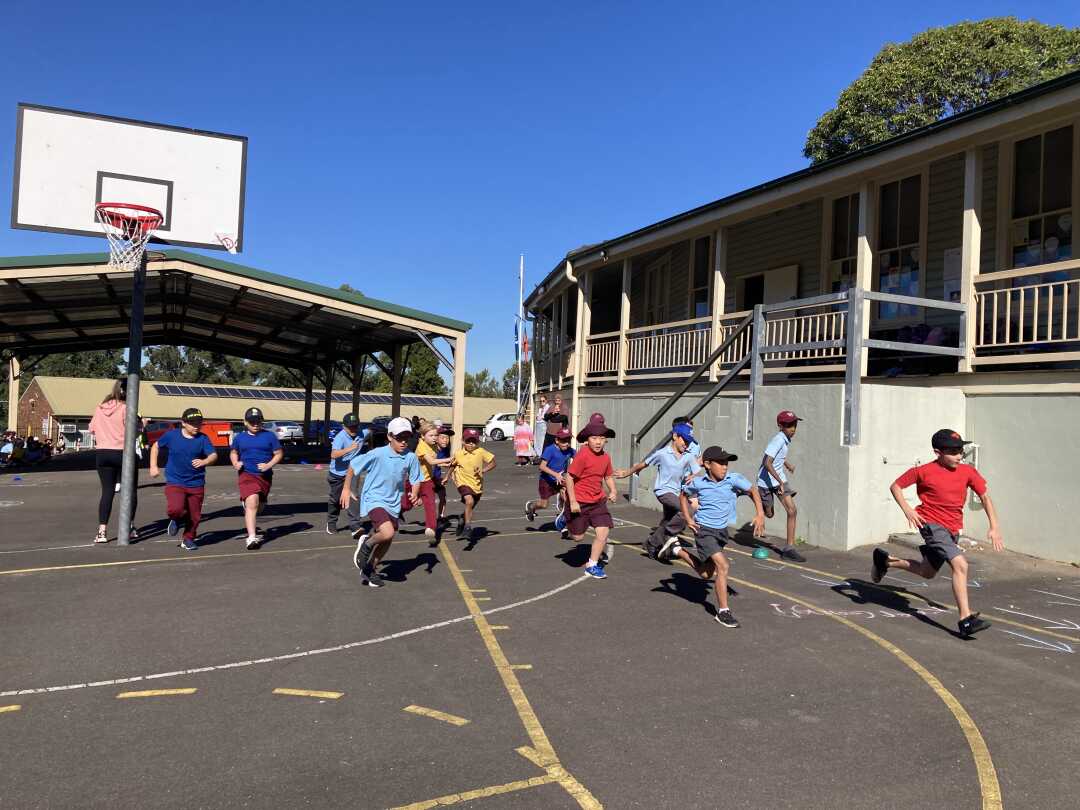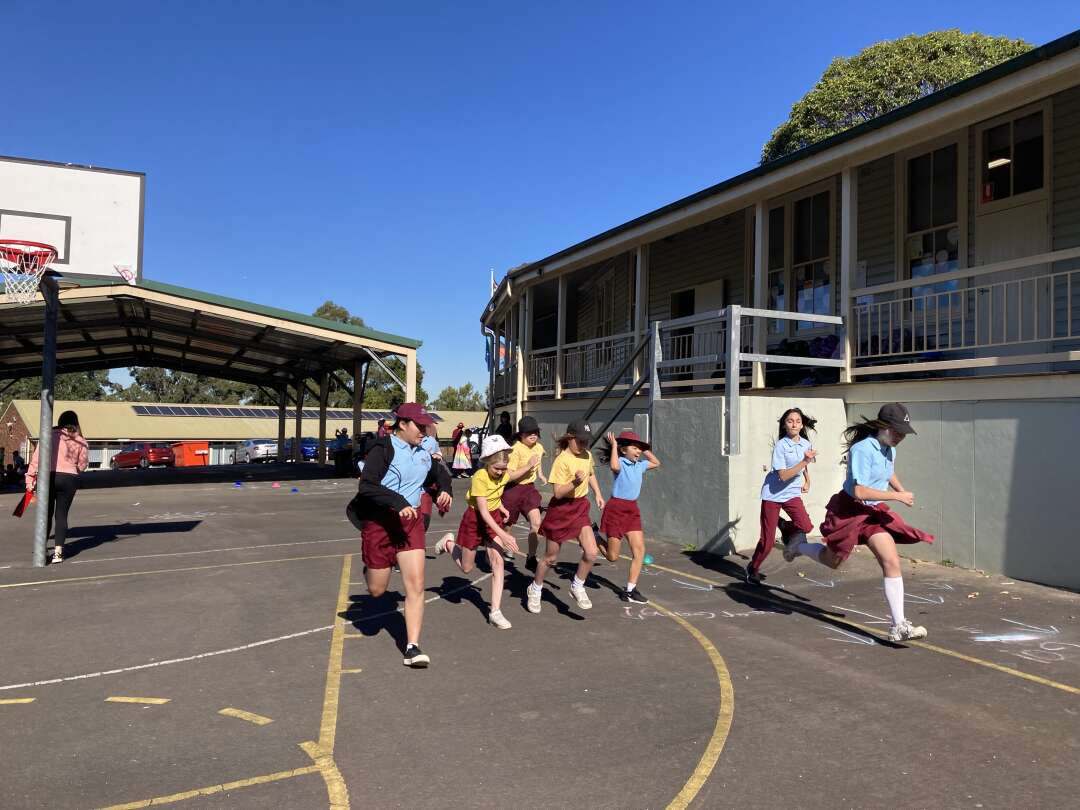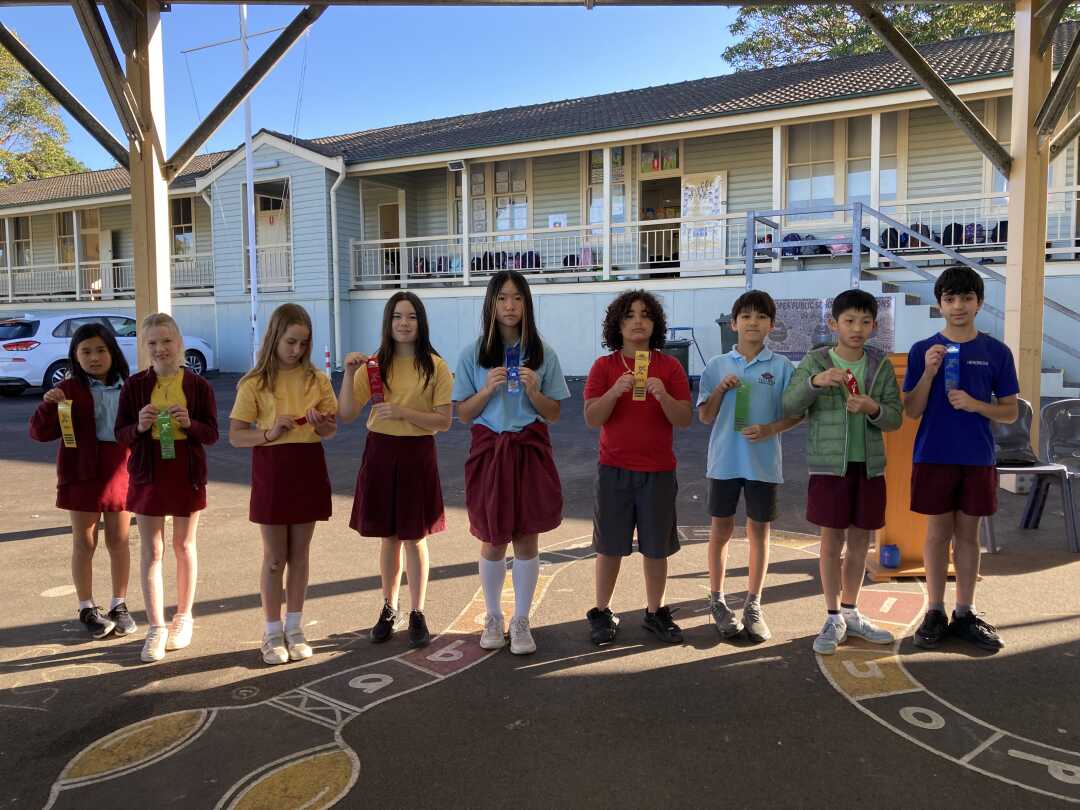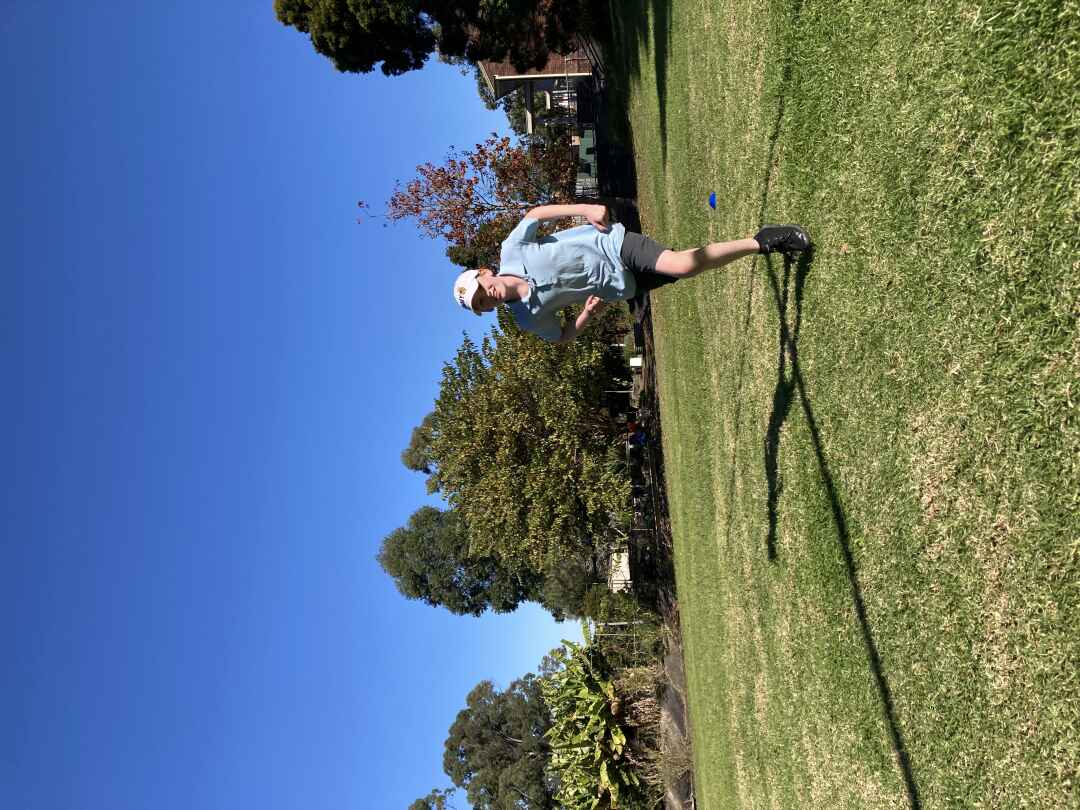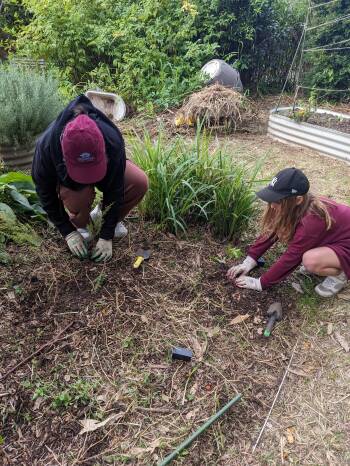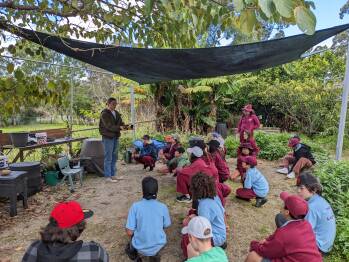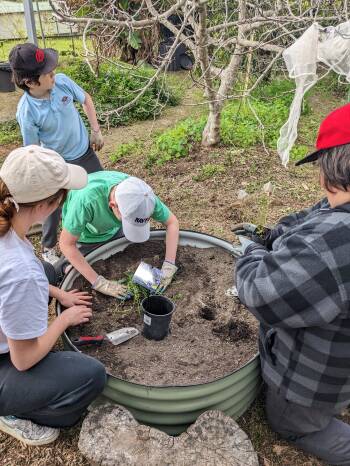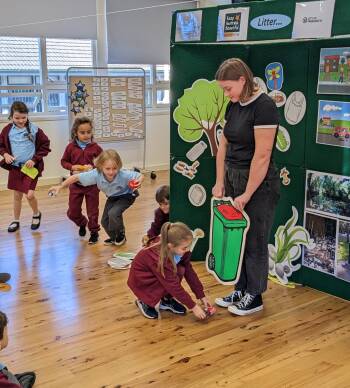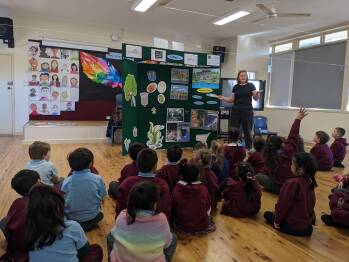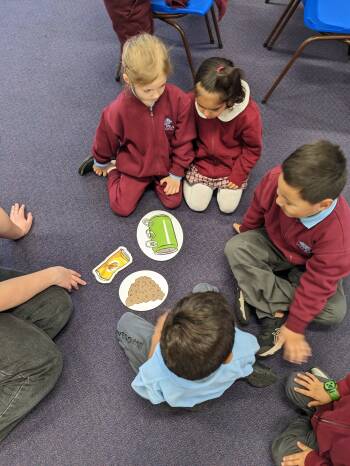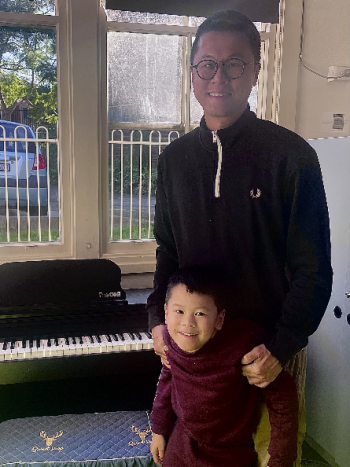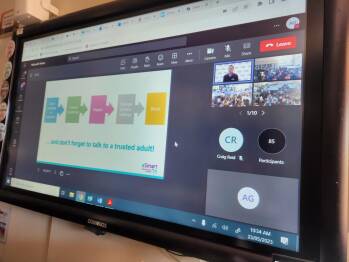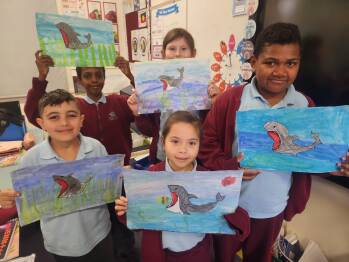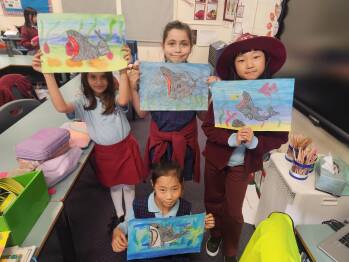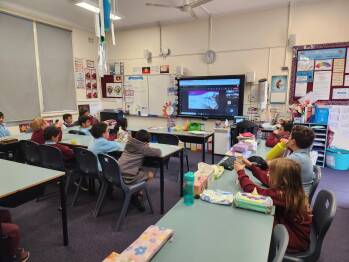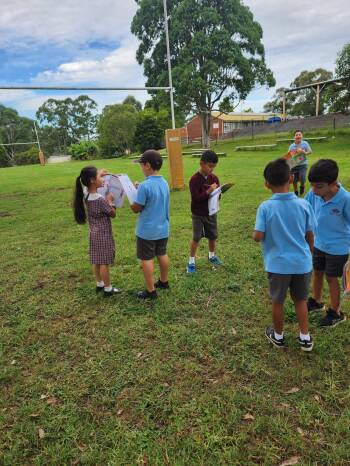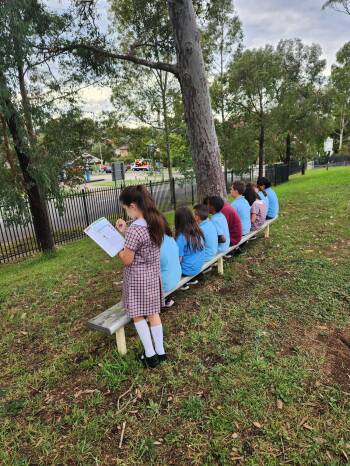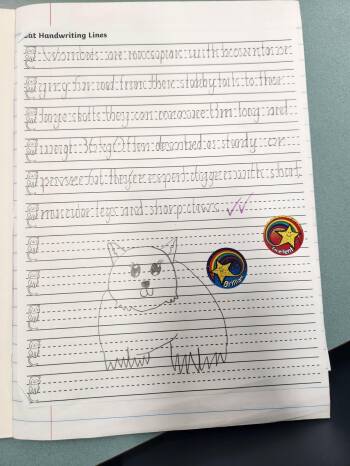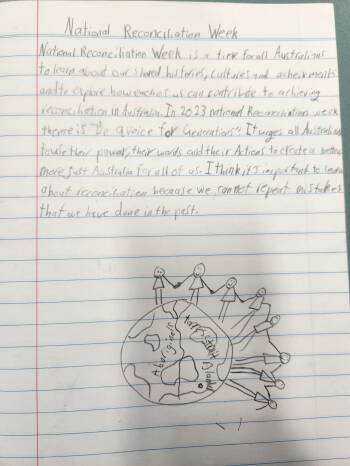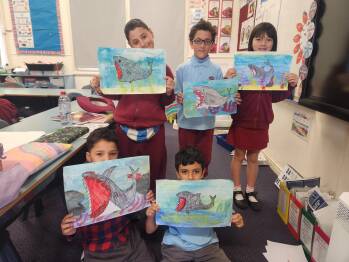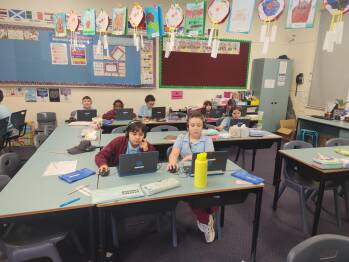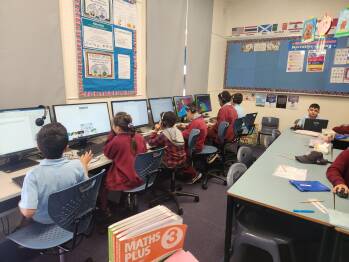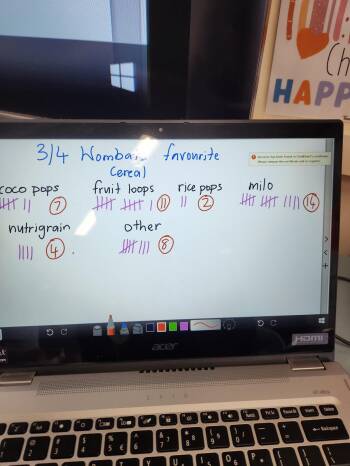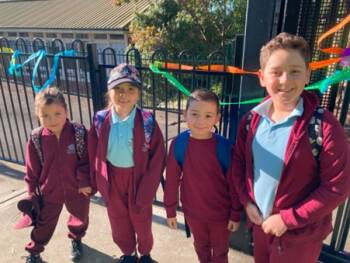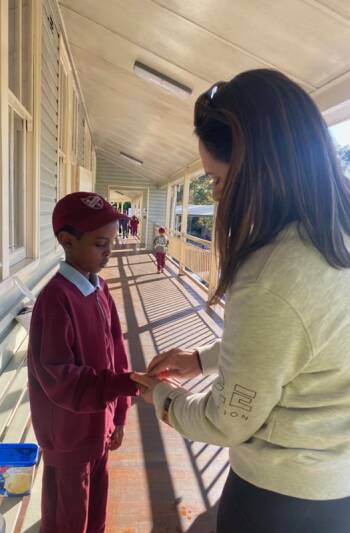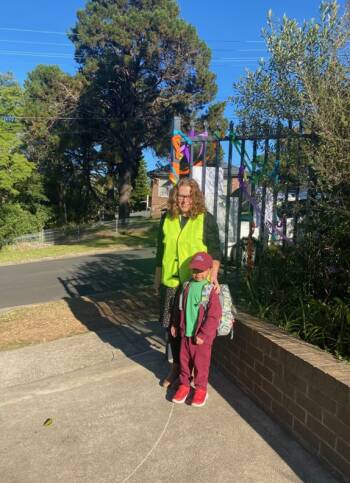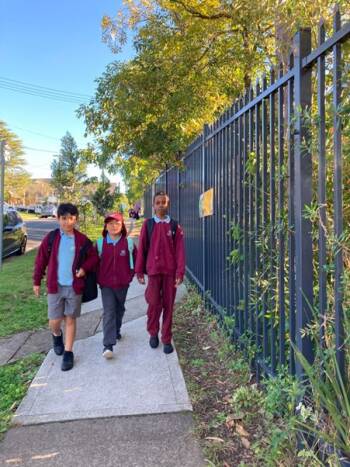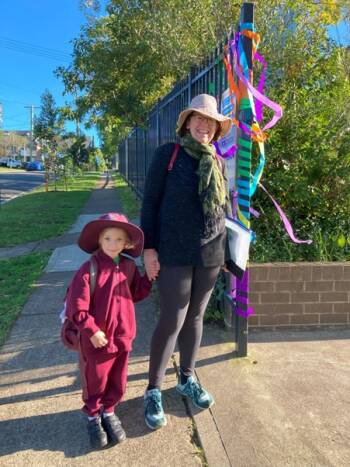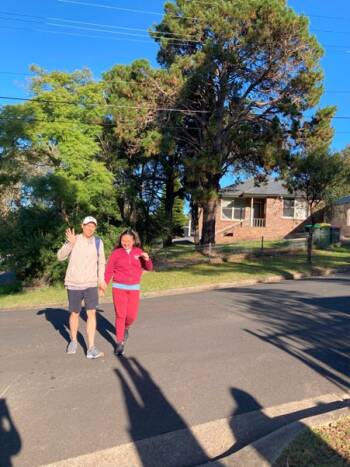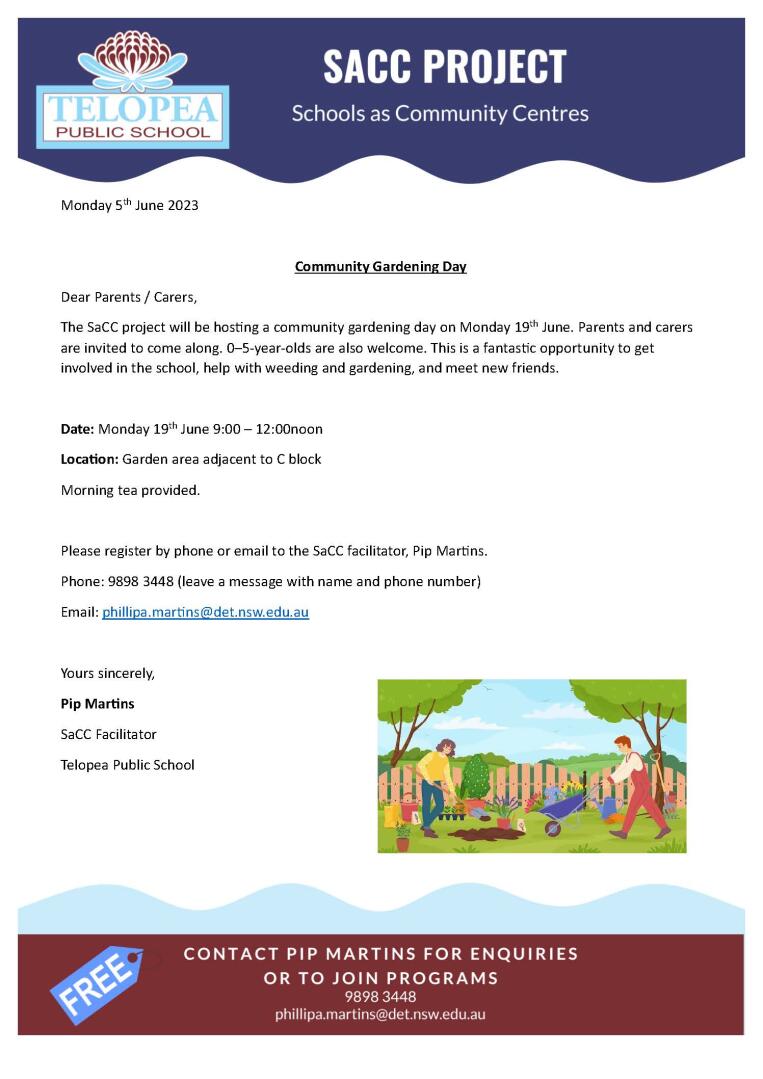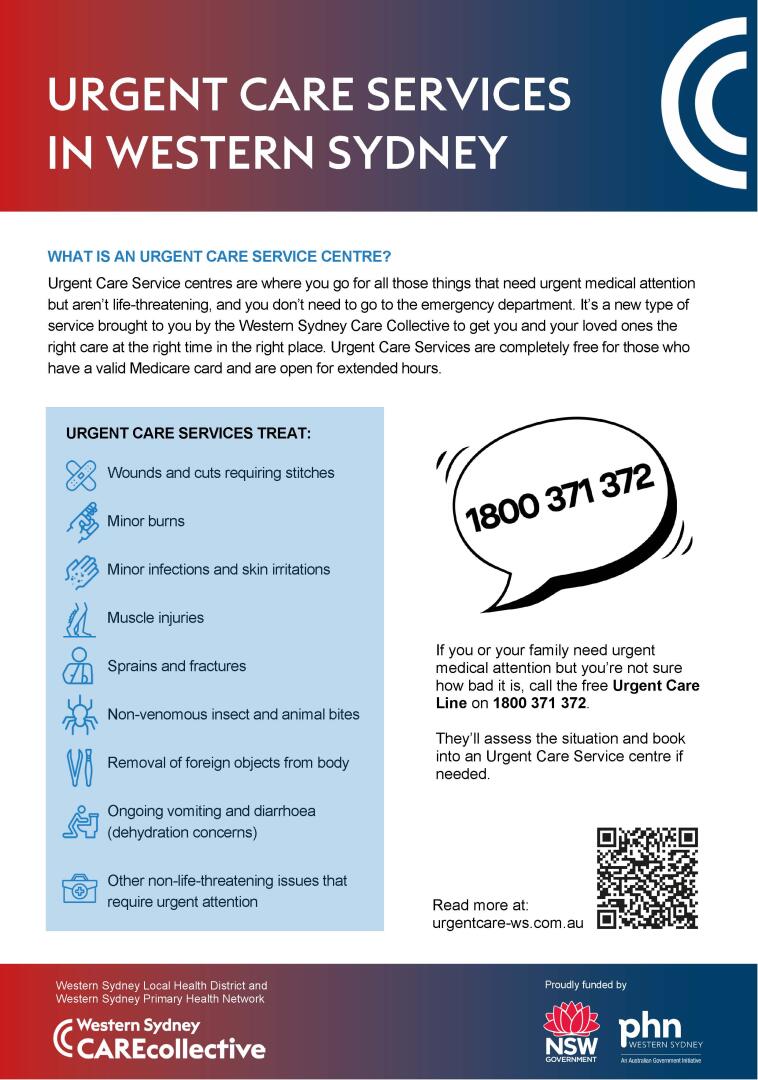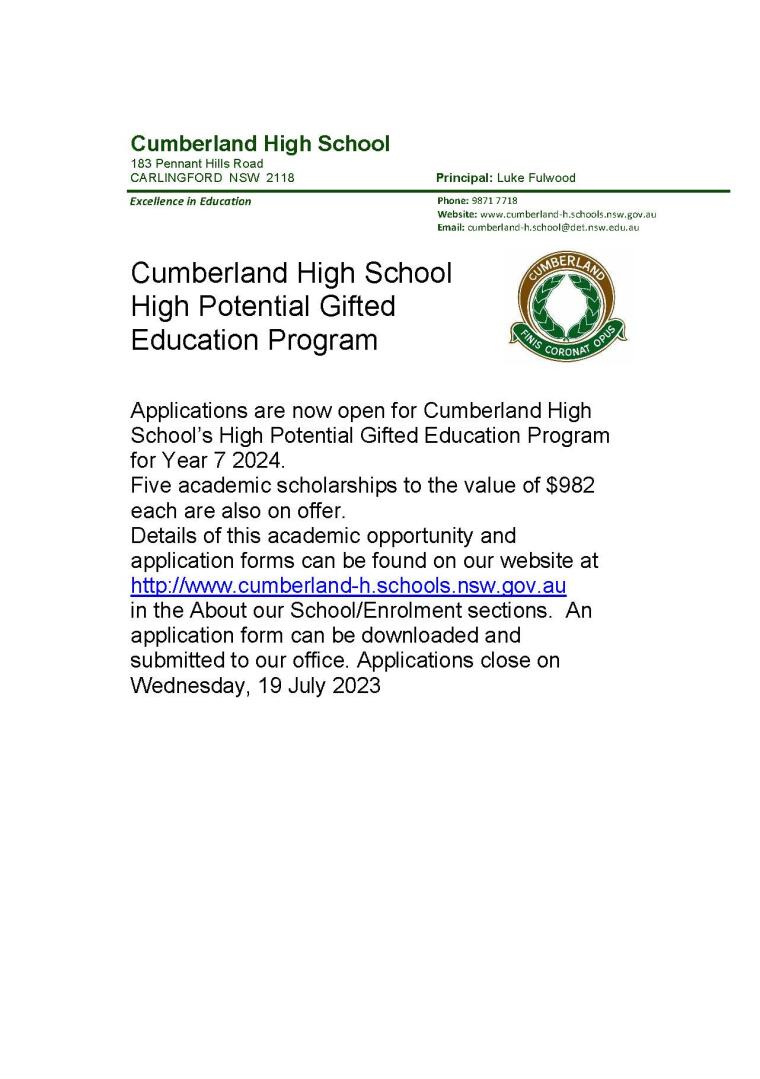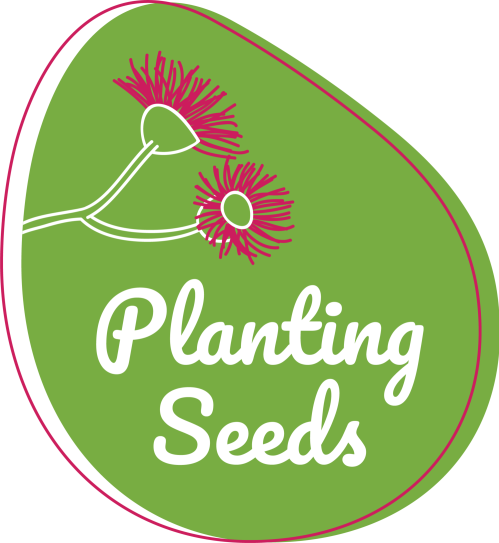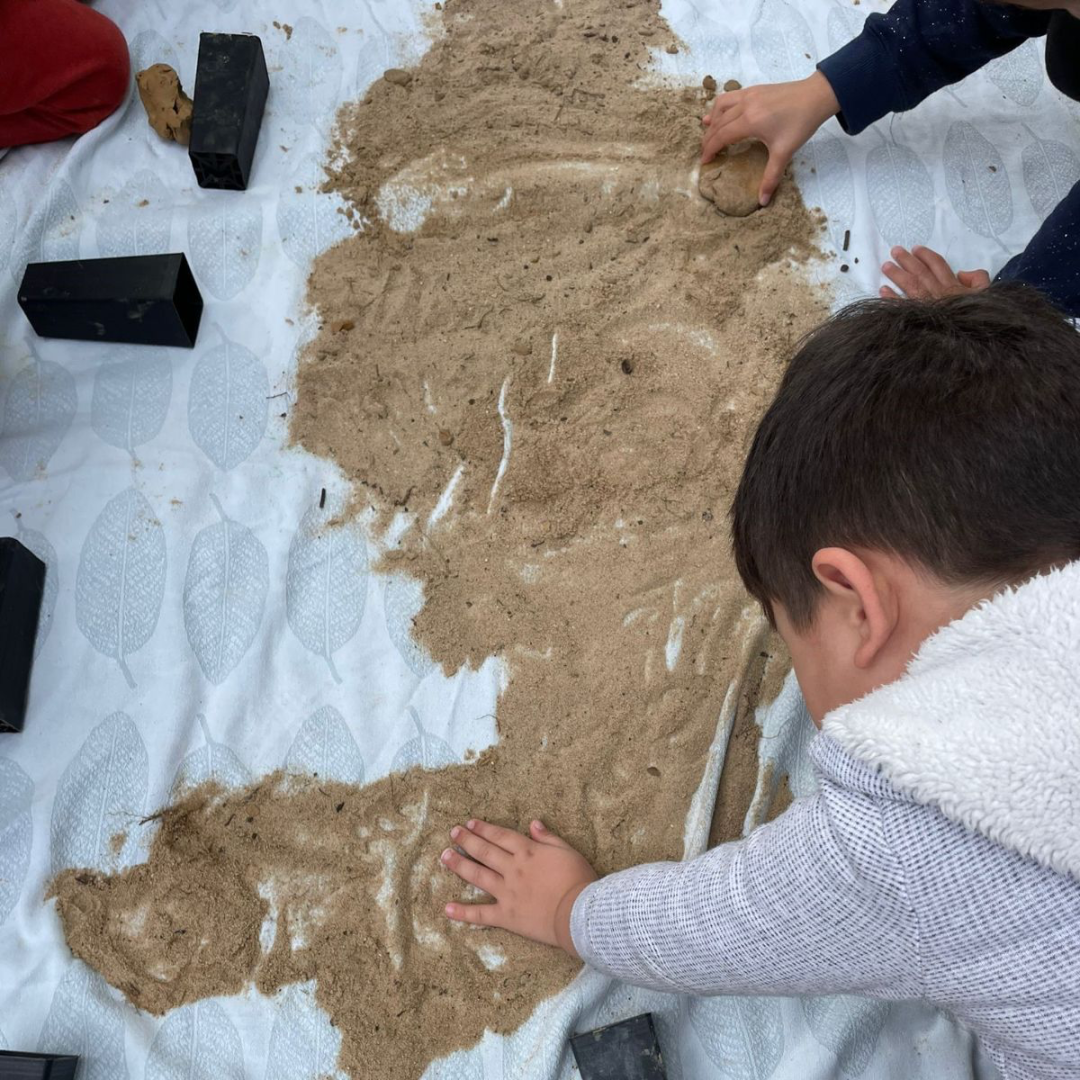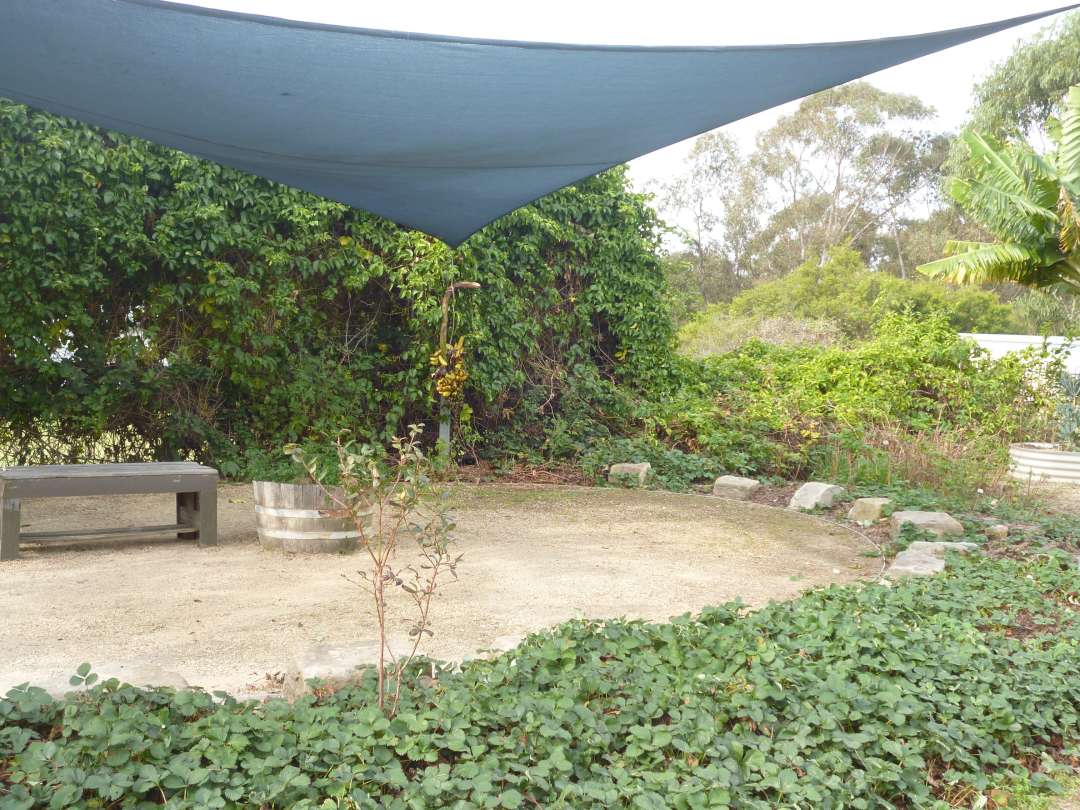Parramatta for Pollinators!
Locals helping to bring back endangered bees, birds and butterflies
Parramatta locals are helping to bring back pollinator species from threatened to thriving.
PlantingSeeds Projects’ B&B Highway program is working with 11 schools and their families to plant, create habitats and evaluate their school grounds for biodiversity. Schools engaging with the program are: Carlingford West Public School, Ermington Possum Patch Early Learning Centre, Ermington Public School, Newington Public School, North Rocks ELC, Northmead Redbank ELC, Our Lady of Mercy College- Parramatta, Parramatta North Public School, St. Bernadette's Primary School - Carlingford, St Patrick's Primary School, and Telopea Public School.
Plants and habitats will be planted and installed to support important species such as honeyeaters, micro bats, flying foxes, Blue-banded bees, the Swift Parrot and the Eltham Copper Butterfly. Knowledge and skills will enable parents and the community to bring their own gardens to life.
The City of Parramatta awarded PlantingSeeds with the 2022 Community Capacity Building Grant to implement the B&B Highway program in schools. The program aligns with the Parramatta Biodiversity Strategy.
The aim of the B&B Highway – now featuring over 120 schools in three Australian States – is to support urban and regional biodiversity and pollinators such as birds, bees, butterflies, and bats by creating ‘Bed and Breakfasts’ that form regenerative corridors. The program works with schools and education centres to install regenerative pollinator habitats using a selection of native pollinating plants and beehives or nest boxes. In combination with education programs tailored to students of all ages, students also play an active role in valuable citizen science.
Birds, bees, and other insects play a vital role in our ecosystems by pollinating crops. One in three ‘bites’ of food are connected with pollinators which are vital to ecosystems and also help break down soils and purify air.
The Parramatta locations will help the B&B Highway program to reach the goal of increasing the percentage of known Australian plant/pollinator relationships by 10 per cent over the next three years. Identifying host plants of pollinators and collecting annual repeatable datasets is very valuable information to biodiversity researchers where basic knowledge on the plants favoured by many threatened pollinators is lacking.
Establishing the key host plants of pollinators will enable wholesale plantings to help stop the dramatic decline of birds, insects, and other pollinators in the Parramatta region.
Understanding this relationship is essential to support Australian biodiversity and allow pollinator species to not only survive, but thrive.
For more information, see www.ps.org.au

